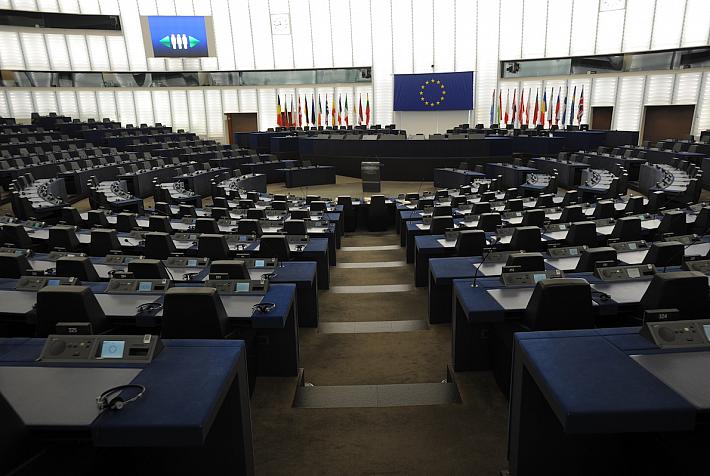Net wages in Romania still up real 7.8% y/y in November

The average net wage in Romania increased by 13.1% y/y in November (+12.3% y/y in October) after a significant 2.3% m/m advance in the month (the steepest monthly advance since March), mainly driven by the manufacturing segment where the wages rose by 5.2% m/m to make up for the slower advance in the past.
In real terms, the average net wage in Romania rose by 7.8% y/y to RON 5,388 (EUR 1,083) in November. The average gross wage reached RON 8,825 (EUR 1,773).
The wages kept rising at fast real rates (above +5% y/y) since mid-2023, albeit the advance has been unevenly distributed among sectors.
While the high growth rates were initially driven by base effects (after inflation eroded the nominal earnings in 2022), the advance was genuine in the second half of 2024: the 7.8% y/y real advance of the average net wage in November came on top of similar (+7.8%) growth rate in November 2023 – resulting into a +15% y/y leap over the past two years. This came, however, after bleaker income performance in 2021-2022 amid the post-COVID-19 period and the beginning of the war in Ukraine.
Although it reflected a catching-up effect, the rapid advance of households’ real incomes impacted retail sales (and imports), with private consumption accounting for a major driver of growth over the past couple of years (of otherwise sluggish economic growth).
The end of the disinflation and the expected fiscal consolidation affecting the incomes in the budgetary sector but also the wages in the private sector because of the prolonged slow economic growth will mute the private demand for consumption in the coming year. The government announced that wages in the budgetary sector would no longer grow in 2025, and part of the bonuses was suspended as part of the fiscal corrective package.
The lifting of the preferential regime enjoyed by employees in construction, the food industry, and IT will also predictably impact the net wages in these sectors. However, the employees are already urging the employers to cover at least part of the loss.
iulian@romania-insider.com
(Photo source: Aaron/Amat/Dreamstime.com)













